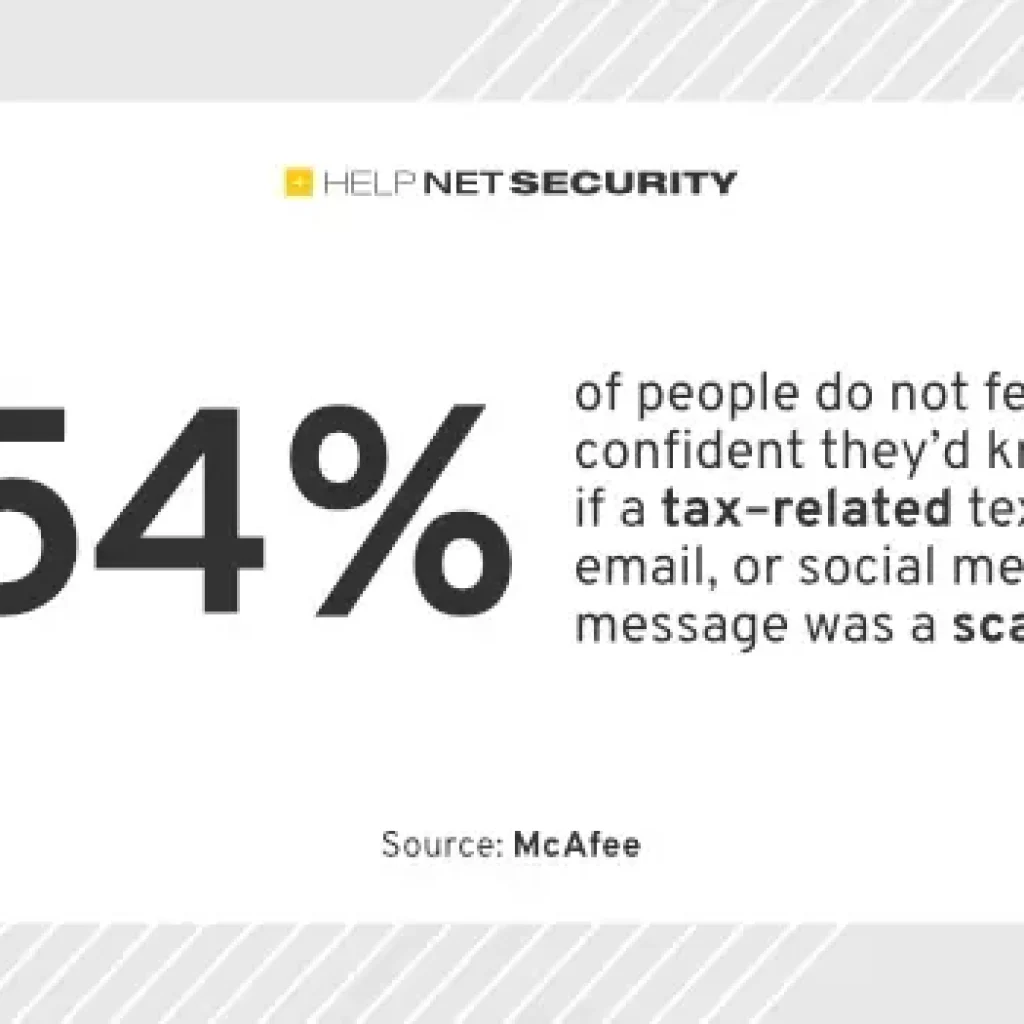In a pivotal move reflecting the intricate dance between technological innovation and national security, the US Space Force has initiated a temporary halt on the use of web-based generative artificial intelligence tools, such as OpenAI’s ChatGPT, for its workforce. The decision, outlined in a memo dated September 29 and disseminated among Guardians—the term assigned to Space Force personnel—stems from growing concerns about data security risks associated with these AI tools.
The memo, obtained by Reuters, explicitly directs personnel to refrain from employing such tools on government computers until receiving formal approval from the force’s Chief Technology and Innovation Office. This strategic pause, prompted by the exponential growth in the use of generative AI, marks a cautious approach by the Space Force in navigating the uncharted territory of AI integration within its operations.
Data security concerns prompt temporary AI tools suspension
In a significant development, the US Space Force has opted to pause the use of web-based generative artificial intelligence tools, including OpenAI’s ChatGPT, for its workforce. A memo, dated September 29 and directed at Guardians, the term used for Space Force personnel, explicitly instructs against the utilization of AI tools on government computers until formal approval is granted by the force’s Chief Technology and Innovation Office.
This temporary suspension is grounded in concerns related to data security, specifically citing risks associated with data aggregation. The memo sheds light on the soaring utilization of generative AI, particularly large language models, which analyze vast datasets to swiftly generate diverse content. While acknowledging the revolutionary potential of such technology in enhancing workforce capabilities, the Space Force emphasizes a cautious approach amid growing apprehensions about data security.
Lisa Costa, Chief Technology and Innovation Officer of the Space Force, underscored in the memo that despite the transformative impact generative AI could have on operations and Guardian efficiency, a thorough and responsible approach is imperative. The memo reveals the establishment of a generative AI task force within the Space Force, collaborating with Pentagon offices to strategize the future integration of AI capabilities.
Space force forms task force to navigate AI integration challenges
In response to the temporary ban, Air Force spokesperson Tanya Downsworth confirmed the decision, emphasizing its temporary nature. The suspension aims to safeguard the data of both the service and its Guardians. Downsworth noted that a strategic pause has been implemented to evaluate the most effective path for integrating generative AI and large language models into the roles of Guardians and the overall mission of the US Space Force.
Lisa Costa’s office, according to the memo, has initiated a generative AI task force in collaboration with other Pentagon offices. This task force is tasked with deliberating on responsible and strategic ways to incorporate AI technology into Space Force operations. Costa further indicated that additional guidance on the use of generative AI within the Space Force would be released in the coming month.
The temporary suspension of AI tools by the US Space Force reflects the delicate balance between embracing technological advancements and ensuring the security of sensitive data. The formation of a task force signals a commitment to navigating the challenges associated with AI integration responsibly. As the Space Force takes this strategic pause, the next month’s guidance is anticipated to shed light on the future direction of AI utilization within the force.




